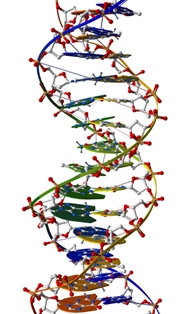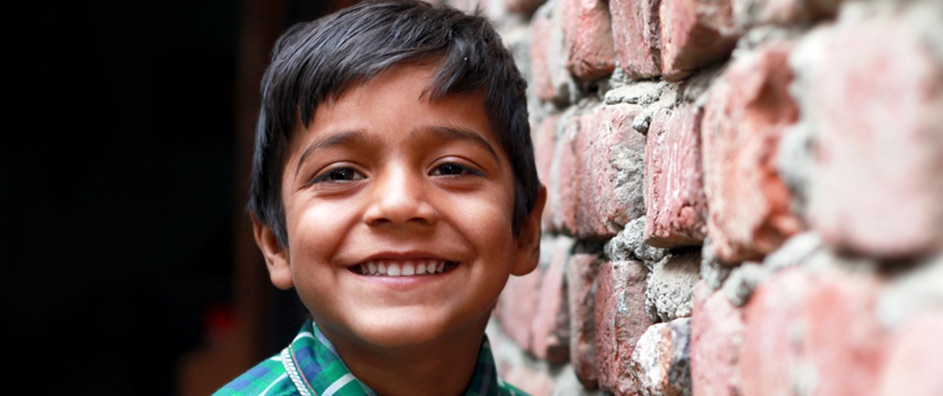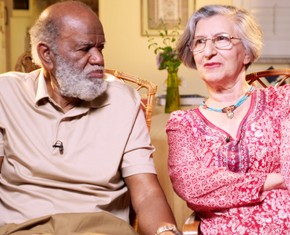The views expressed in our content reflect individual perspectives and do not represent the authoritative views of the Baha'i Faith.
Regardless of your formal education, we all go to the University of Life, otherwise known as the school of hard knocks.
Everyone attends those mandatory classes. No human being escapes pain, suffering and troubles. At the school of hard knocks, we learn the tough lessons of the streets or the wilderness. We experience the painful or positive consequences of our actions. We make dumb mistakes. We trip and fall. We say things we’d like to take back. We hurt others, and ourselves, without thinking. We try to figure out, through sometimes excruciating trial and error, how to access and learn life’s wisdom, which allows us to survive.
In the school of hard knocks, we also meet the best teacher: life itself.
Of course, every bit of knowledge we learn from life in the school of hard knocks builds on itself, just like it does in formal schooling. First we learn one thing, even if it hurts. Then that hard-won knowledge opens the door to knowing and understanding many more things. In the elementary school stage of the school of hard knocks, our new-found knowledge becomes the firm foundation for all the knowledge that comes later.
That process applies to everything we learn. Because the progressive nature of all existence mirrors itself in the maturation process as well as in the learning process, every school, including the school of hard knocks, arranges itself hierarchically around increasingly complex levels of perception, knowledge and development.
In other words, nobody gets their Ph.D. first. With just about everything, we build a base of learning, a foundation we can build upon. Once we’ve mastered the alphabet, numbers, and simple ideas, then the mind expands sufficiently to understand more abstract, highly-evolved and intricate concepts. That’s why the word elementary—from the Latin elementum, meaning first principle—describes not only the school where children learn basic concepts, but the very elements that form the basis of life itself.
The philosophers and psychologists tell us this means our inner development happens in much the same way as our physical development does—from one stage to the next:
Overall, the process of psychological development—which is the operation, in humans, of cosmic or universal evolution—proceeds in a most articulate fashion. At each stage of development, a higher-order structure—more complex and therefore more unified—emerges through a differentiation of the preceding, lower-order level. – Ken Wilber, Eye to Eye, The Quest for the New Paradigm, p. 101.
 So if we grow inwardly in the same way we grow outwardly, does our DNA, those tiny helical destination codes built into our cells, determine everything? Can we have any real input into the way we grow and what we become? This deterministic, nature-versus-nurture debate has gone on for decades, and probably won’t be settled until we learn much more about the subtle and complex interactions between our genetics, our spiritual realities, and our environment.
So if we grow inwardly in the same way we grow outwardly, does our DNA, those tiny helical destination codes built into our cells, determine everything? Can we have any real input into the way we grow and what we become? This deterministic, nature-versus-nurture debate has gone on for decades, and probably won’t be settled until we learn much more about the subtle and complex interactions between our genetics, our spiritual realities, and our environment.
While our genetic code begins to lock itself in at the union of sperm and egg, and while our physical and mental potential follow along, what we do with them belongs uniquely to each of us. We get to decide how to respond to life’s tests and trials. We can learn to emphasize and reflect our own nobility, or we can go the other direction. Each of us has innate, inborn capacities—but only we, as individuals, can decide how to develop and use those capacities:
The capacities of souls are different. Their conditions are various. For example, certain minerals come from the stony regions of the earth. All are minerals, all are produced by the same sun, but one remains a stone while another develops the capacity of a glittering gem or jewel. From one plot of land tulips and hyacinths grow; from another, thorns and thistles. Each plot receives the bounty of the sunshine, but the capacity to receive it is not the same. Therefore, it is requisite that we must develop capacity and divine susceptibility in order that the merciful bounty of the Sun of Truth intended for this age and time in which we are living may reflect from us as light from pure crystals. – Abdu’l-Baha, The Promulgation of Universal Peace, pp. 23-24.
If we use our capacities with intelligence, forethought and wisdom, if we learn from the school of hard knocks, we can and will progress. The Baha’i teachings say that consciously striving for the achievement of maturation will inevitably guide our steps through the stages of life:
From the beginning to the end of his life man passes through certain periods or stages each of which is marked by certain conditions peculiar to itself. For instance during the period of childhood his conditions and requirements are characteristic of that degree of intelligence and capacity. After a time he enters the period of youth in which his former conditions and needs are superseded by new requirements applicable to the advance in his degree. His faculties of observation are broadened and deepened, his intelligent capacities are trained and awakened, the limitations and environment of childhood no longer restrict his energies and accomplishments. At last he passes out of the period of youth and enters the stage or station of maturity which necessitates another transformation and corresponding advance in his sphere of life-activity. New powers and perceptions clothe him, teaching and training commensurate with his progression occupy his mind, special bounties and bestowals descend in proportion to his increased capacities and his former period of youth and its conditions will no longer satisfy his matured view and vision. – Ibid., p. 438.
















Comments
Sign in or create an account
Continue with Googleor